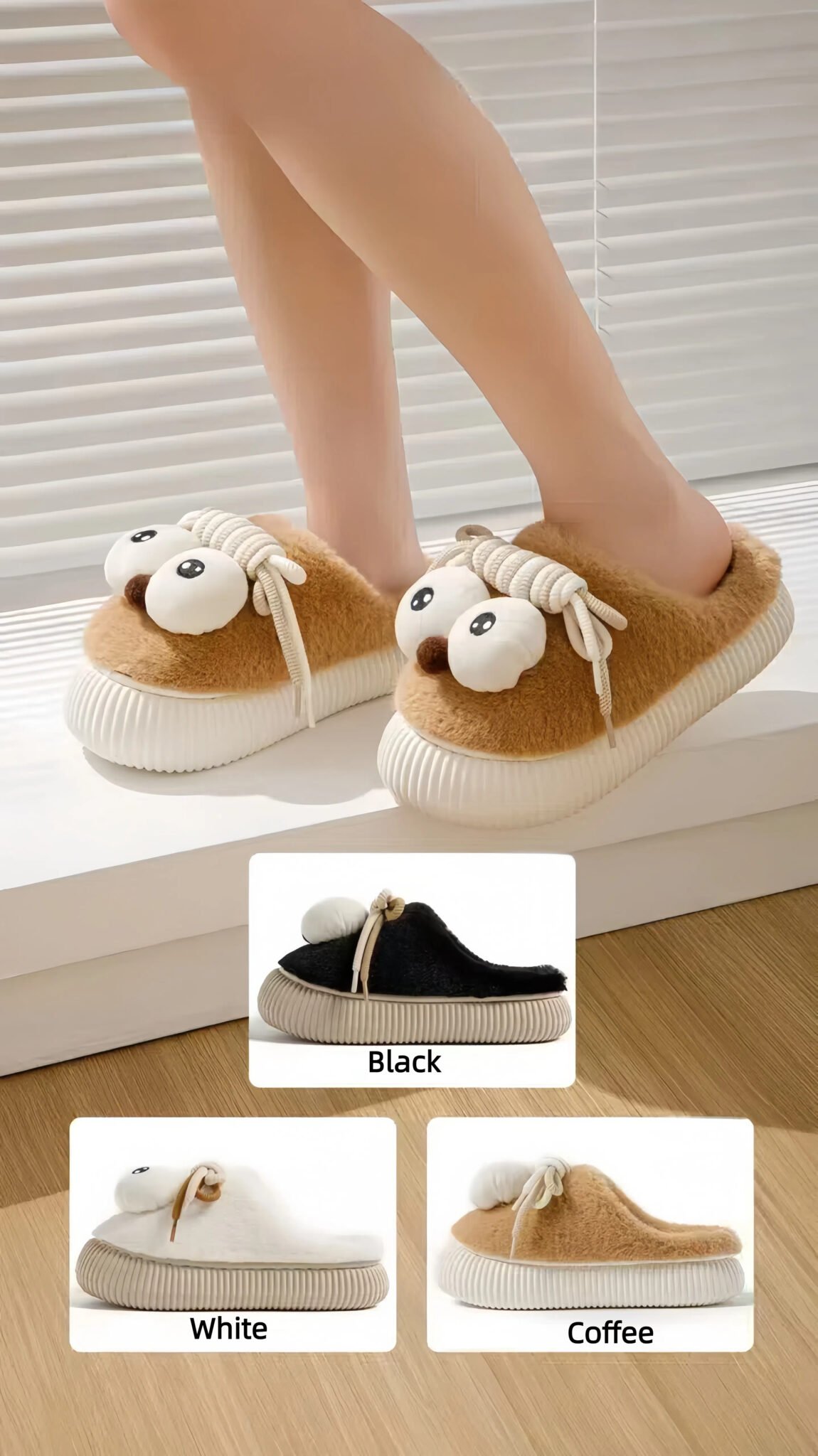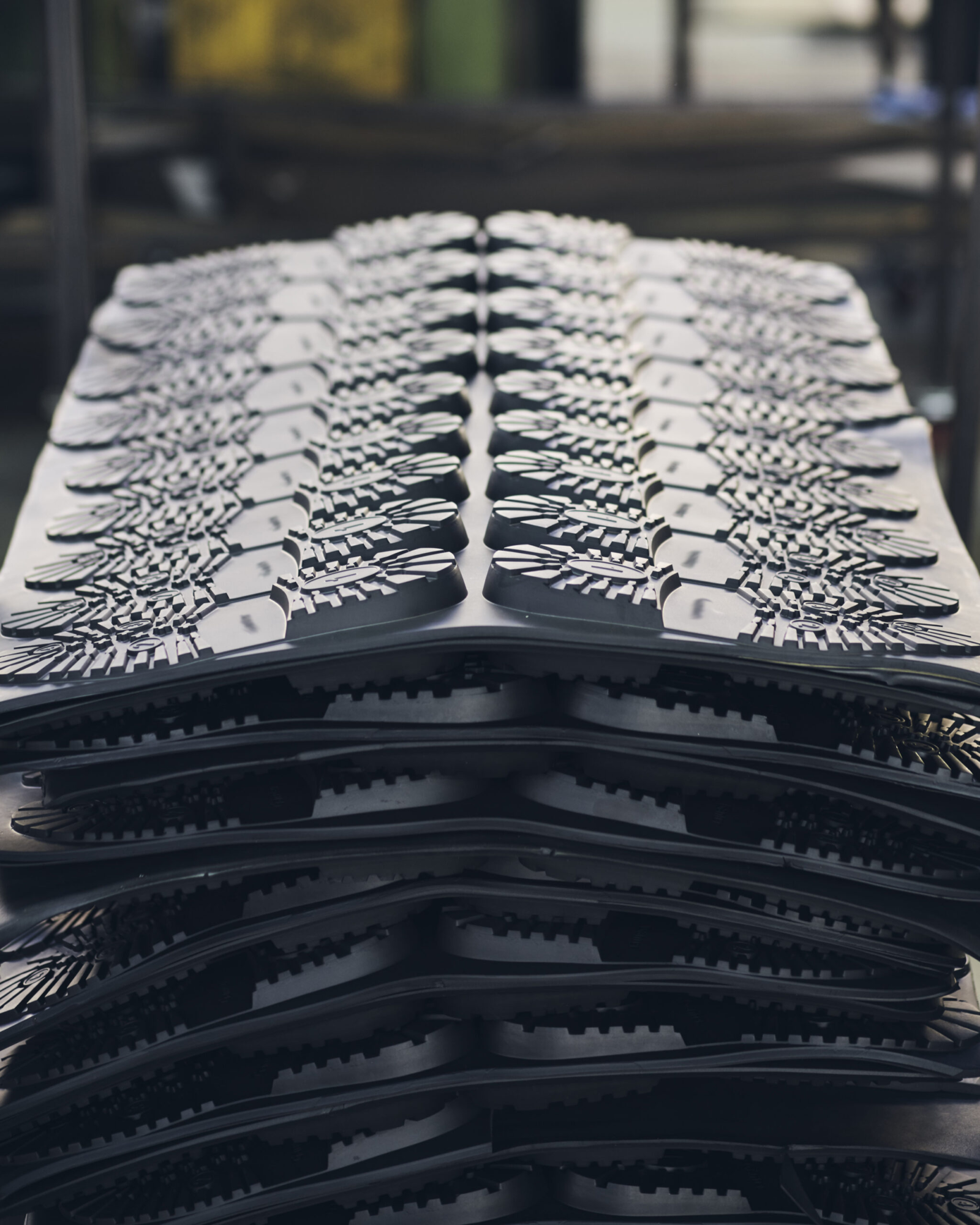Foreward: When you’re buying slippers in bulk for corporate clients, you need to think about how the slippers look, how they work, and what your client wants to put on the slippers. People buy custom slippers all the time. They use them for promotional items, corporate gifts, and to put on their employees who work at hotels, spas, wellness centers, etc. Here’s what you need to know to buy the right slippers for your corporate clients.
1. Understand Your Client’s Needs
Every corporate client is different. You need to find out what your client wants. Here are some questions to ask your clients so you can figure out what they want:
- Purpose: Are these slippers for people who work at hotels, spas, wellness centers, etc.
- Target Audience: Are the slippers intended for a specific demographic (e.g., gender, age, or professional group)?
- Comfort Level: Are orthopedic or ergonomic features required, such as arch support or memory foam cushioning?
- Design Preferences: Do they need branding on the slippers, such as logos, specific colors, or patterns that match their brand identity?

A comprehensive understanding of these factors will guide your choice of materials, design, and functionality.
2. Types of Slippers for Corporate Clients
When you’re customizing slippers for a B2B client, you need to know what kinds of slippers people buy for their businesses. There are different kinds of slippers for different industries and purposes.
- Hotel and Spa Slippers: These are usually open-toe, lightweight, and made from materials like cotton, terry cloth, or fleece. Consider adding luxurious touches such as extra padding or rubber soles for added comfort and durability.

- Office and Workplace Slippers: For environments where comfort is prioritized, such as creative agencies or wellness companies, these slippers need to be practical but stylish. Opt for more sophisticated designs with non-slip soles, arch support, and high-quality fabrics like faux leather, suede, or wool.

- Promotional Slippers: If the slippers are meant for corporate giveaways, branding and affordability will be the focus. These are often simpler in design but can be highly customizable with logos, corporate colors, and unique branding elements.

- Health and Wellness Slippers: For clients in the wellness industry (e.g., gyms, yoga studios), consider orthopedic or ergonomic slippers with strong arch support, breathable materials, and antimicrobial linings.
3. Customization Options
Corporate clients often require slippers that align with their branding or have a specific look or feel. Customization plays a crucial role in creating unique, tailored slippers. Here are key areas for customization:
a. Materials
Selecting the right materials is essential for both comfort and durability:
- Fabric Options: Cotton, terry cloth, microfiber, and velour are commonly used in hospitality slippers, while leather or suede is preferred for higher-end corporate environments.

- Eco-friendly Materials: For clients focused on sustainability, offer organic cotton, bamboo fibers, or recycled materials. These are excellent for brands with eco-conscious values.

- Comfort and Support: Memory foam or gel padding provides extra comfort, while orthopedic soles may be a priority for clients focusing on foot health (such as wellness centers or spas).
b. Branding
Corporate branding is vital for customized slippers. Clients often seek high visibility for their logo, slogan, or corporate colors:
- Logo Placement: Logos can be embroidered, printed, or embossed on various parts of the slipper, such as the toe area, sole, or straps.
- Colors: You can offer different colors to match the client’s corporate colors. Pantone template match the slippers to get the exact color your client wants.

- Design Details: Some companies may require unique design elements like piping, stripes, or customized fabric patterns. Ensure your supplier can accommodate these requests.
c. Sizes and Fit
Offering a range of sizes is essential, particularly if the slippers will be distributed to a diverse group of employees or guests. Most manufacturers provide general sizing (S, M, L), but for personalized comfort, custom sizing based on specific foot measurements can also be considered. Ensure the supplier has a clear understanding of international size conversions if you’re working with global clients.
d. Soles
Non-slip soles are crucial for corporate clients in industries like hospitality or wellness, where safety is a priority. Depending on the use:
- Rubber Soles: Ideal for indoor-outdoor wear, providing durability and grip.

- Foam Soles: Lightweight and perfect for spa or indoor use.

- EVA Soles: A good option for both lightweight comfort and cushioning.

For premium clients, consider soles with orthopedic or arch support to enhance foot comfort.
4. Sustainability and Ethical Sourcing
Corporate clients are increasingly focused on sustainability, making it important to offer eco-friendly options:
- Environmentally Friendly Materials: Use materials such as organic cotton, hemp, recycled polyester, and natural rubber.
- Certifications: Ensure the supplier complies with certifications such as GOTS (Global Organic Textile Standard), OEKO-TEX, or Fair Trade to guarantee ethical production practices.

- Reduced Carbon Footprint: Consider partnering with manufacturers that use energy-efficient production processes or carbon offset programs.
Being able to offer sustainable options not only meets client expectations but also strengthens their brand’s ethical standing.
5. Packaging and Presentation
Packaging is a big deal when it comes to branding. You can customize the packaging for your slippers, too.
- Eco-Friendly Packaging: Sustainable packaging options like recycled paper or reusable cloth bags are often sought by eco-conscious clients.

- Branded Packaging: Custom boxes, bags, or tags with the corporate logo or slogan can enhance the branding experience. Ensure the packaging reflects the level of luxury or care associated with the slippers.
6. Budget and Pricing Considerations
Balancing cost with quality is crucial when offering customized slippers to corporate clients. Here’s how you can help clients manage their budget:
- Bulk Discounts: Most manufacturers offer lower unit prices for larger quantities. Negotiate with your supplier for bulk discounts to pass savings on to your client.

- Material Choices: High-end materials like leather will significantly increase costs, so offer alternatives like synthetic leather for a more budget-friendly option.
- Customization Costs: Extensive customization, like embroidery or unique designs, will raise the price. Be transparent about additional charges for these features and offer tiered pricing depending on the level of customization.
7. Working with Reliable Suppliers
As a buyer, ensuring that you work with reliable suppliers is one of your most critical roles. Check suppliers thoroughly to ensure they can meet the customization needs and maintain high-quality standards. When evaluating suppliers, consider the following:
- Experience with Custom Orders: Does the supplier have experience with custom B2B orders, particularly for corporate clients? Review their portfolio for similar projects.
- Minimum Order Quantities (MOQ): Make sure the supplier’s MOQ aligns with your client’s needs. Some manufacturers may have high MOQs, which can be restrictive for smaller orders.
- Lead Times: Confirm that the supplier can meet your delivery deadlines, especially if there are specific event dates or time-sensitive requirements.
- Quality Control: Inspect samples before placing large orders and ensure there is a clear quality control process in place.

8. Trends in Corporate Slippers
Staying on top of industry trends can help you present fresh ideas to your clients:
- Sustainability: Eco-friendly slippers, made from recycled or organic materials, continue to grow in demand.
- Technology Integration: Some slippers now incorporate wellness technology, like built-in foot massagers or temperature-regulating fabrics.
- Minimalist Aesthetics: Clean, simple designs are preferred by many modern corporations, especially in tech and wellness sectors.
9. Logistics and Delivery
Once the order is placed, make sure you deliver the goods to meet the
customer’s deadlines.
- Shipping Options: Offer multiple shipping options, from express to standard delivery, depending on client timelines.
- International Delivery: If your client is international, work with suppliers familiar with international shipping requirements, customs regulations, and duties.

Conclusion
Customizing slippers for corporate clients requires balancing functionality, aesthetics, and brand identity. As a buyer, your role is to translate client needs into actionable specifications that ensure high-quality, comfortable, and brand-aligned products. By working closely with reliable suppliers, offering customization options, and staying mindful of budgets and timelines, you can provide your corporate clients with slippers that meet their exact needs while enhancing their brand experience.


